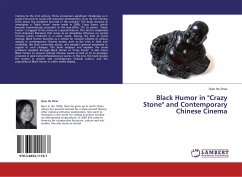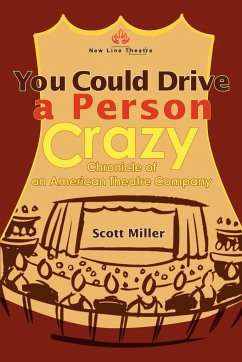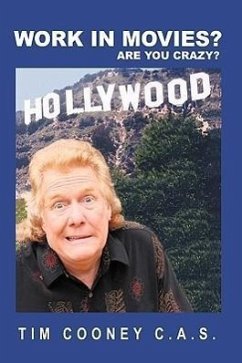Coming to the 21st century, China encounters significant challenges as it pushes forward its social and economic development. How do the Chinese think about the problems incurred in this process? This book chooses to investigate a black horse movie made in 2006, Crazy Stone, which became tremendously successful at the box-office. On its poster, black humor is tagged to the movie as a special feature. This term is originated from American literature that serves as an immediate influence on cynical Chinese works rendered in a comic mode. During the time of social change, Black Humor becomes as a vehicle for cultural criticism of various aspects in contemporary Chinese society, such as the crisis in faith and credibility, the land ownership abuse, and people s general perplexity in regard to such changes. The book analyzes and explains the social problems revealed through Black Humor in "Crazy Stone". It also traces Black Humor to ancient satirical Chinese novels as well as to its pervasive presence in post-Cultural Revolutionary works. In the end, the book studies the humor in ancient and contemporary Chinese culture, and the popularity of Black Humor in other media display.
Bitte wählen Sie Ihr Anliegen aus.
Rechnungen
Retourenschein anfordern
Bestellstatus
Storno








